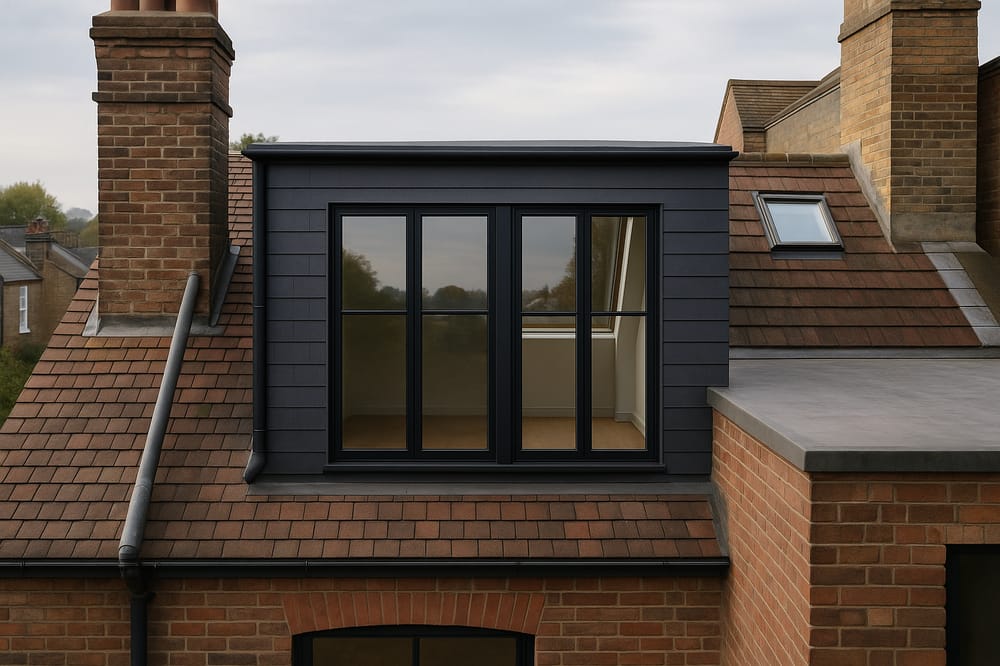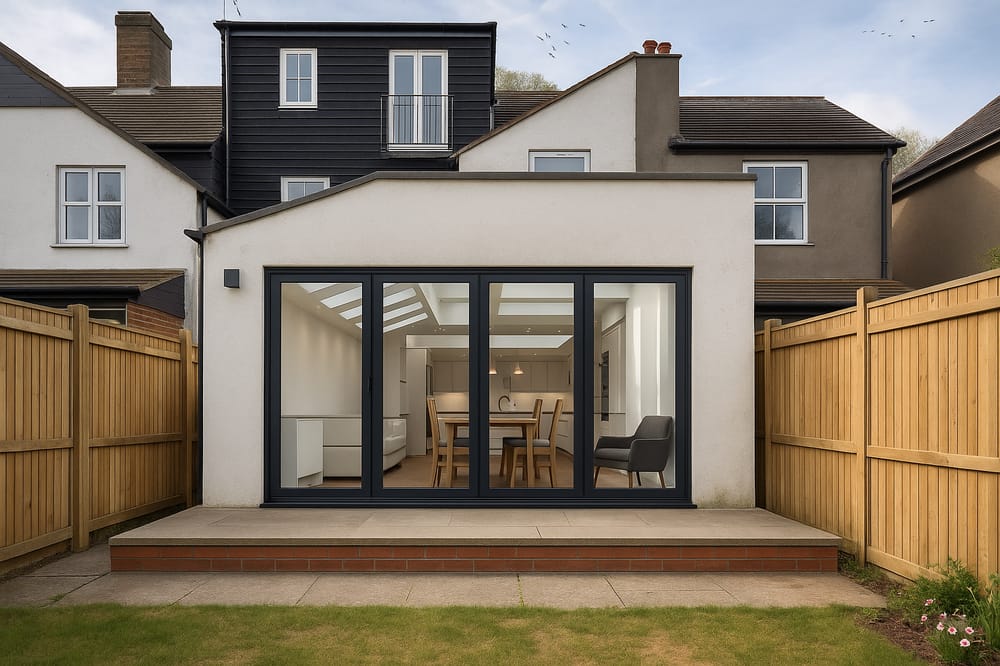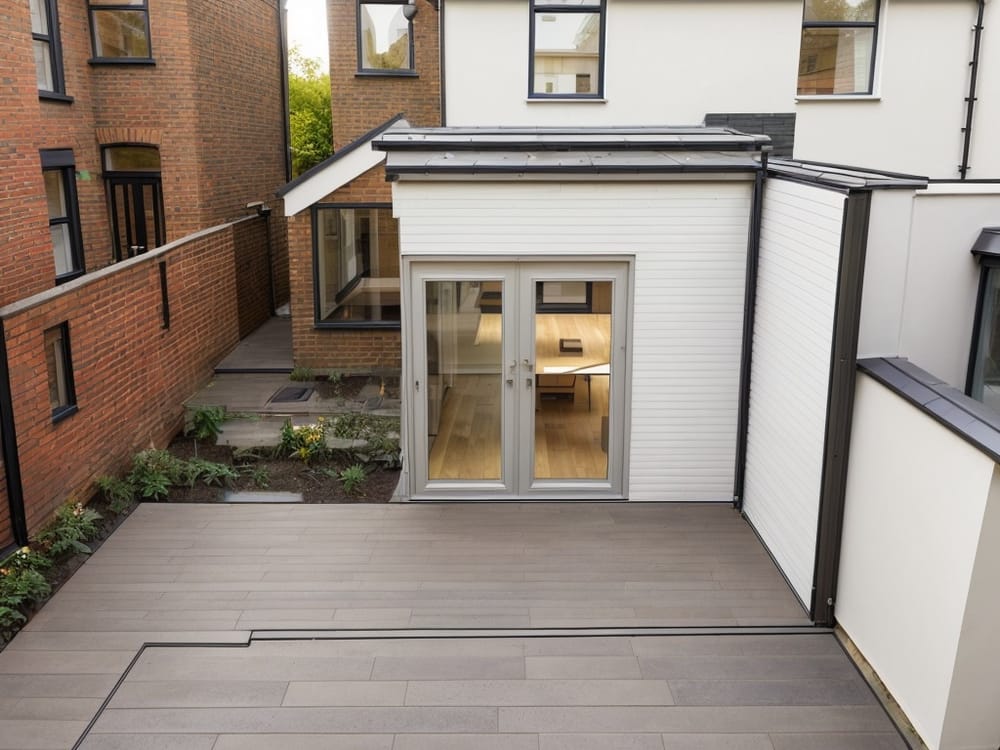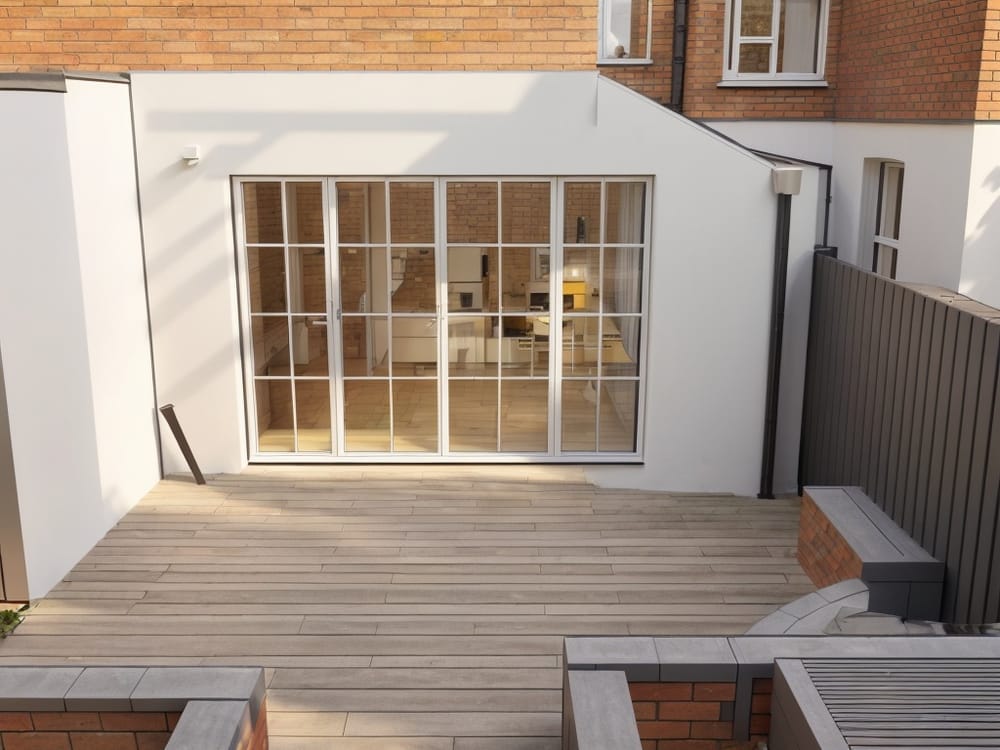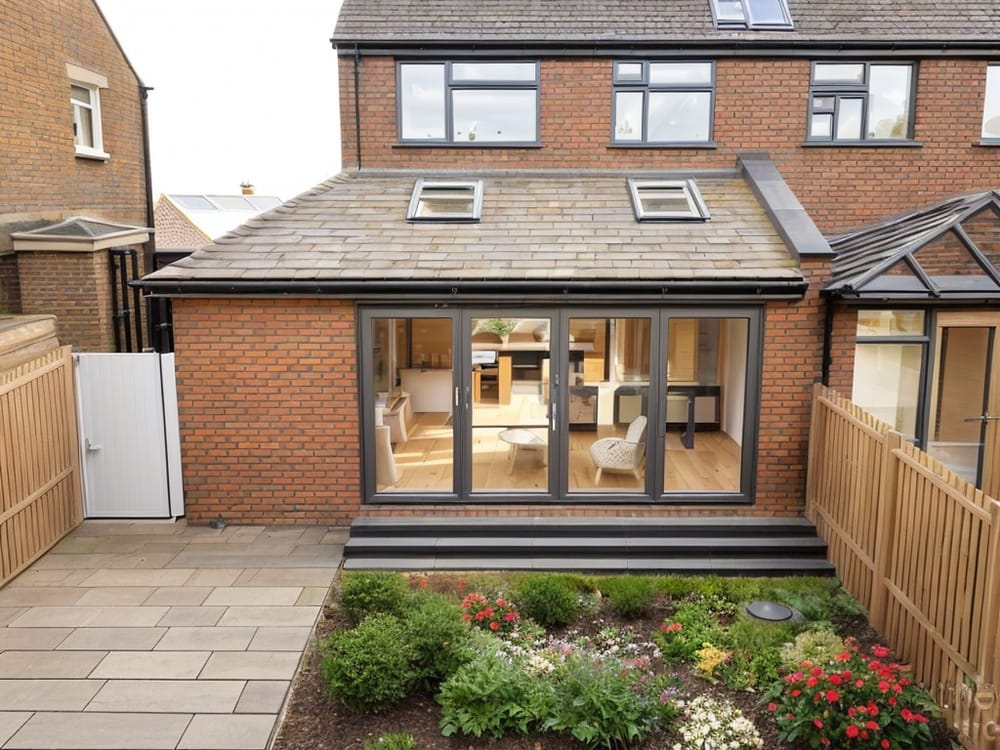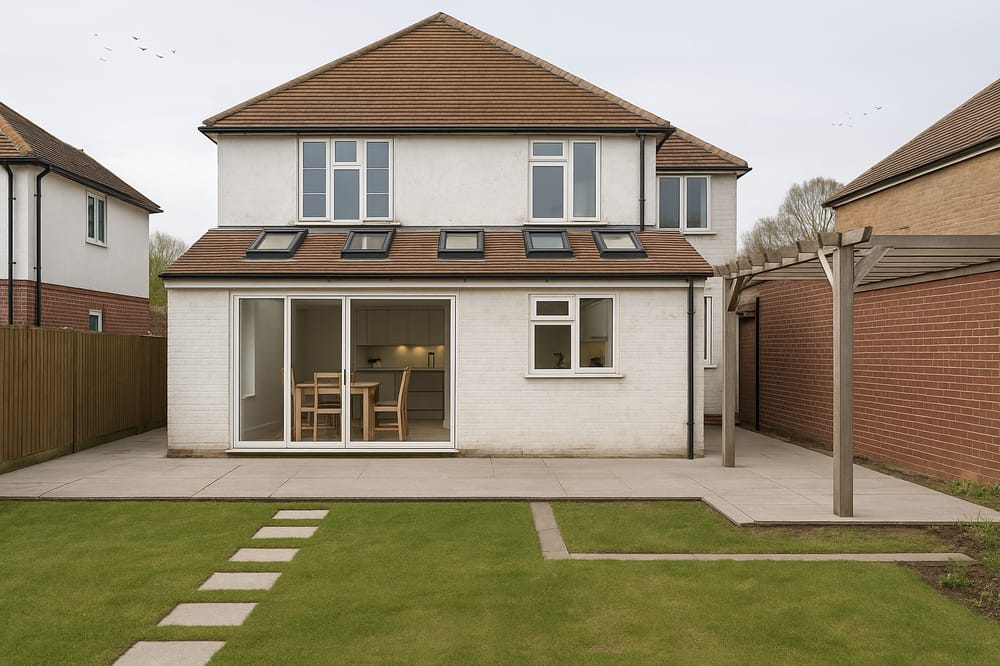Pretty much every homeowner, when they’re extending or renovating their property, wants to make sure they’re getting the most out of their budget. No more so than when it comes to construction.
On average, construction costs will take up around 65% of your budget - not including VAT. Therefore, when it comes to mapping out your costs, you want to leave no stone left unturned during this stage. This is where a scope of works becomes important.
To help you manage your budget, here’s a breakdown of what a scope of works is and how it can help your finances…
What is a scope of works?
A scope of works can be a very general or detailed breakdown of the work and costs that are expected to be produced by a contractor under your agreed contract. You may also find it being called a ‘scope of work’ or ‘statement of work’.
As with most contractor contracts, the level of detail and elements covered will vary from company to company. Traditionally, one-man bands are more guilty of offering out vague scope of works, while those larger companies tend to have the admin power to produce highly-detailed breakdowns.
However, it’s come as no surprise, that no matter what kind of builder you choose, you’ll want to push for as much specific detail as possible.
We tend to recommend that at a minimum your scope of work includes…
- A project overview
- List of deliverables
- List of processes involved
- Breakdown of associated costs
- Summary of the project schedule
- Details on project management
- Reporting requirements
- Works not being covered or that will be considered additional
How a scope of works helps you budget
When done right, a scope of works allows you to properly set out and agree on what the project requirements are. By doing this far enough in the future, you can then borrow with confidence, knowing that you have a proper understanding of the costs involved.
Use our calculator to see how much you could borrow.
After all, if this is your first project, some of the costs you’ll need to cover might surprise you. You may plan for paying for bricks and mortar but what about the port-a-loo? The skip? Making good on any mess once the work is done? Yes, all of this and more is going to be coming out of your bank account.
On top of this, a scope of works allows you to properly plan out your contingency budget. This is the pot of cash you’ll keep in reserve, should any plans change onsite or you get hit by any delays - bad weather is the most likely culprit.
Remember: to be safe, we recommend your contingency by 10% of your construction budget.

Pitfalls to avoid
As we’ve mentioned, scope of works can vary greatly between builders. To protect your project, watch out for these pitfalls…
Watch out for errors and inconsistencies, these are usually the number one cause for disputes between homeowners and builders. For the best results, have another professional assess the contract during the tendering stage.
Don’t just assess one single scope of works, this makes it harder to spot any suspicious practices. We recommend you consider at least three builders. See our guide to picking the best contractor.
Be suspicious of those ‘too good to be true’ prices, especially if the scope of works looks vague. Most of the time, costs are cut by omitting key details from a contract. Discover the dangers of a too cheap construction quote.
Don’t source scope of works too early. It can be tempting, when you’ve just received planning permission, to rush out to talk to builders. However, without mapping out your technical details, which are needed for building regulations, there’s a chance a builder might not have enough information to give you an accurate breakdown.
Make sure key milestones are accounted for, this will allow you to agree on a sensible payment plan whereby you release funds at key stages of the build once its been assessed by either yourself or your project manager.
Conclusion
Scope of works are a vital part of the construction process but their quality can vary greatly. For the best results, we recommend you insist on getting a detailed breakdown of all the costs involved, which in turn will make sorting out your finances that much easier.
At Resi, we’re able to help you assess the contract on offer, as well as provide financial advice. Our Resi Finance service has access to over 90+ lenders with exclusive deals and rates, allowing you to find the right funding route for your project.
To learn more about construction, contracts, and finance, book a free consultation with our team here.


